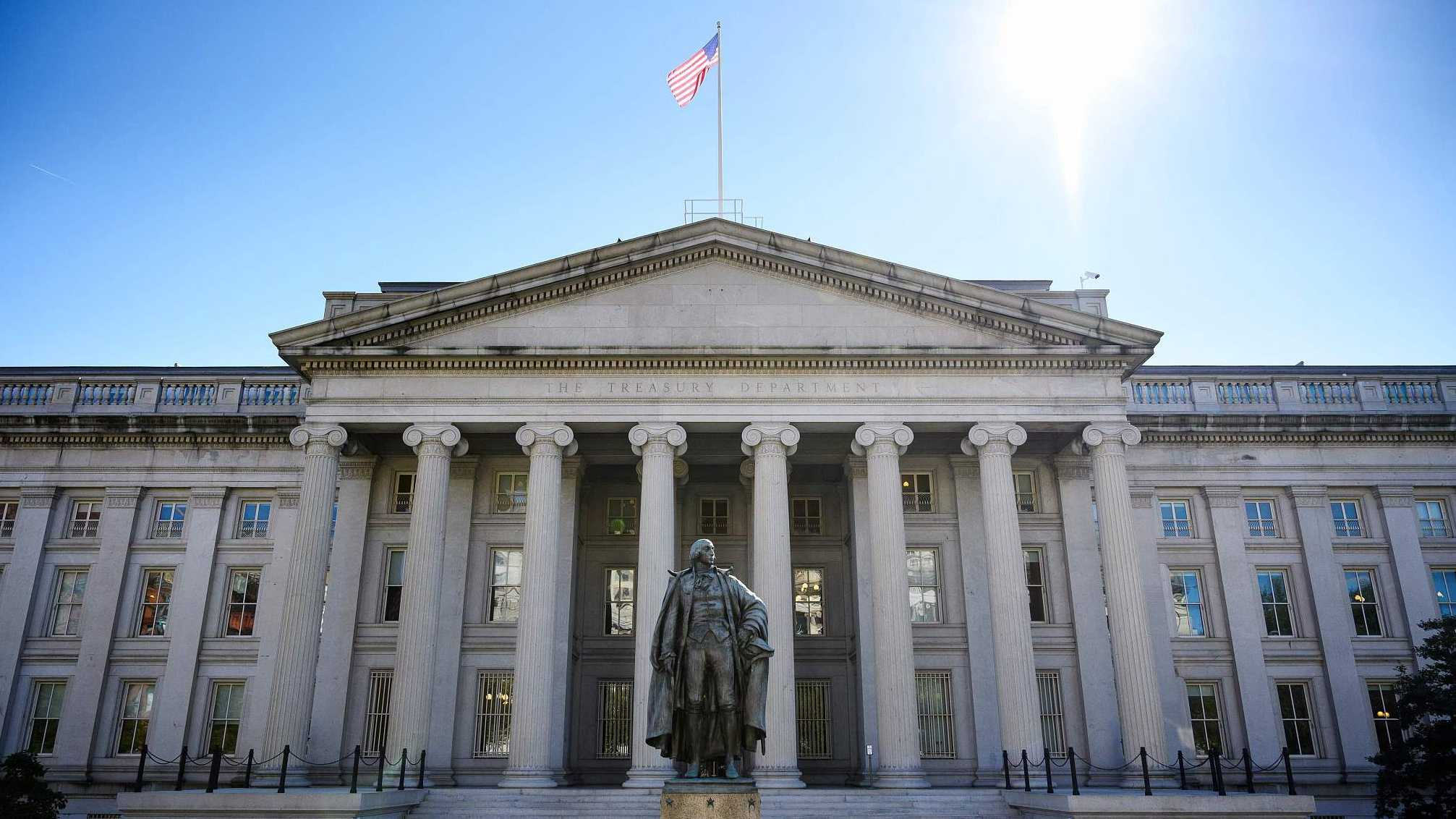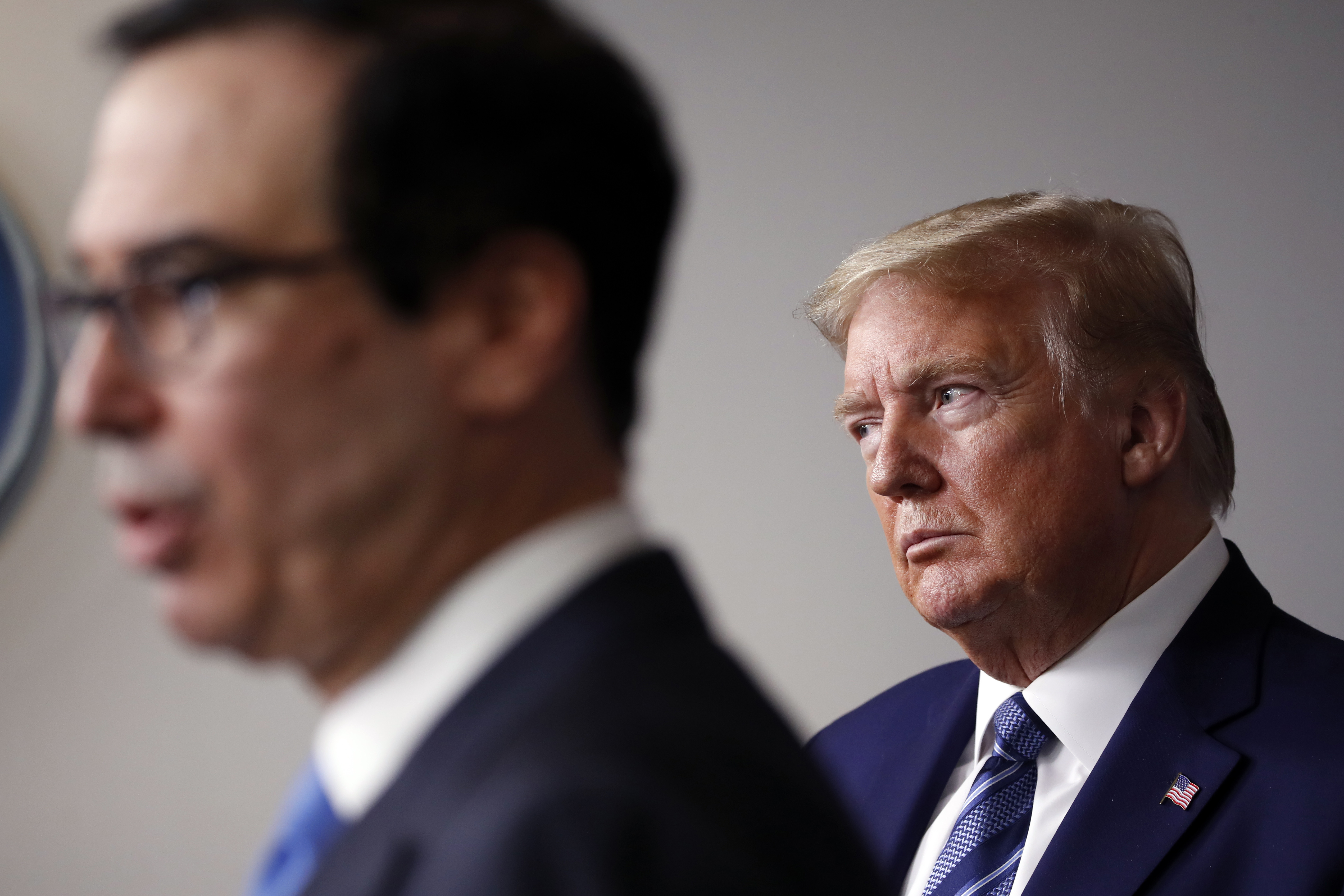
Editor's note: Matteo Giovannini is a finance professional at ICBC in Beijing and a member of the China Task Force at the Italian Ministry of Economic Development. The article reflects the author's opinions and not necessarily the views of CGTN.
It cannot be denied that the dangerous back and forth between China and the U.S. is not what other nations are looking for in a time of difficulty, when acts of responsibility and leadership through cooperation and understanding are expected.
A group of leading U.S. Republicans have threatened to send China the bill for the pandemic's costs. Individual class actions have also been started within the U.S. These initiatives have attracted the attention of Bill Gates, who during an interview declared that shifting the focus to China represents a distraction and underlies how the U.S. has poorly handled its COVID-19 response in comparison with other countries.
Gates' remarks went unheard in the government, judging from a recent Washington Post report that some White House officials have been considering to offset the cost of coronavirus outbreak in the U.S. by cancelling some or all of the 1.1 trillion dollar debt the United States government owes to China.
Even though the possibility of this scenario becoming reality is quite low, the risk cannot be underestimated. The threat should be considered more as a bargain chip that the U.S. wants to use in order to push China to declare its responsibility for the origin of the outbreak and to accept some form of a unilateral arrangement from the U.S..
This is a clear political move by the Trump administration as re-election looms. It is ready to play any card in its pocket to guarantee a second term, and China in this sense represents a much easier target than domestic issues to be sold to his voters at home. Meanwhile, China has already pointed out that it is open to an international, open and transparent investigation to determine the origin of the virus.

The idea of cancelling the debt is being considered at the highest level in U.S. government. The picture shows President Donald Trump listens as Treasury Secretary Steven Mnuchin speaks about the coronavirus on April 21, 2020. /AP
The idea of cancelling the debt is being considered at the highest level in U.S. government. The picture shows President Donald Trump listens as Treasury Secretary Steven Mnuchin speaks about the coronavirus on April 21, 2020. /AP
From China's perspective, the threat of U.S. cancelling debt could certainly push the country to speed up the cutting of its holdings in the U.S Treasury bonds, a move that the country has already started to put into practice last year when Japan became the largest holder of U.S. Treasuries holdings. A more diversified holding of foreign exchange reserves is desirable for China considering that out of a total of 3 trillion dollars that the PBOC holds, about a third is represented by U.S. treasuries.
It is unquestionable that U.S. cancelling the huge debt would have a devastating impact domestically on the U.S. federal budget deficit. Internationally, it would send a negative signal to the markets by irremediably affecting investors' trust in the United States and in their willingness to pay back U.S. Treasury bills with an immediate increase in U.S. interest rates, leading to higher borrowing costs for government, corporates and individuals.
In addition, the event could create a serious precedent that would eventually undermine the credibility on the safe haven status and security of U.S. Treasury bonds, the integrity of U.S. financial institutions, and, in the long term, the role of the U.S. dollar as a reserve currency.
The constant risk that U.S. authorities can unilaterally intervene by weaponizing the U.S. dollar has already forced countries such as China and Russia to find ways to move away from U.S. dollar settlements by either launching virtual currencies, imposing their own currency on transactions or by abandoning the SWIFT banking system which has been used by the U.S. as a toll to punish other countries.
In this sense, the threat to cancel China's holdings in the U.S. Treasury bonds could be a golden opportunity for other countries to reform global financial markets by finding alternatives to the current U.S. centric system. They could reshape one that reflects the economic weight of each country and that guarantee, through independent supranational bodies, a fair market structure that cannot be monopolized by a single country according to its own interests.
(If you want to contribute and have specific expertise, please contact us at opinions@cgtn.com.)